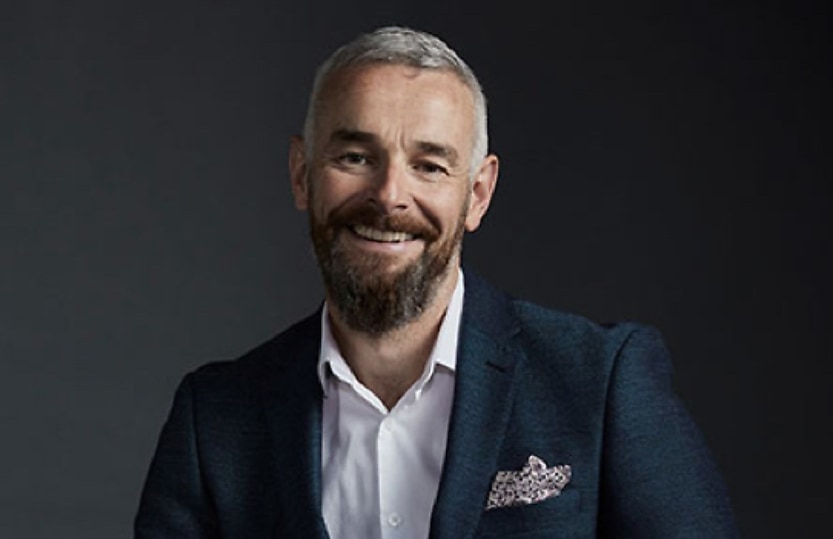Accountants ‘should cull one-third of their clients every year’

Problematic clients take accounting firms for granted and are a waste of resources, says one consultant.
Accountants should cull up to 30 per cent of their clients every year because high demand allows them to be more selective, according to one consultant to the industry.
Alan FitzGerald, founder of consultancy Only Firms, said accountants should use their “gut feeling” to decide which clients to keep and which problematic ones to shed.
“Doing so gives you the freedom to look at other opportunities,” he said to accountants and bookkeepers at Intuit’s annual Get Connected event in Sydney last Thursday.
“When you first start up a firm, you're trying to grab as much business as you can that comes through your door. Over time, you just keep those clients on the books. But your clients change, and you also change as you grow.”
“The idea behind it is that when you review what your clients have done in the previous year, you’re always going to have clients that are a real pain to deal with.”
“If the client rings your phone and your thought is, ‘What does he want now?’, that’s the first sign that you don’t want anything to do with that client.”
“If you feel that on any of those clients, your team are feeling that as well.”
Unresponsive, late-paying clients – those who made it difficult to get work done – sent information late for lodgement and then complained about missing the deadline were given as examples that accountants should trim.
While the action might seem drastic, Mr FitzGerald said the sector could afford to be selective as it was inundated with demand.
“Some clients take accounting firms for granted, disregarding their capabilities,” he said.
“There isn’t a shortage of skilled accountants, but an abundance of opportunity. And that suddenly becomes a very powerful position for you to be in, because even when you take on a new client, you can do the sniff test to ensure they’re a good fit for your organisation.”
For retained clients, providers should be focused on “putting the relationship back in client relationship management”, he said.
This meant ditching complex concepts, such as accounting terminology, metrics and even “appalling” accounting firm website designs.
“Clients don’t speak accounting, so you need to give them information in such a way that it allows them to interpret that information,” he said.
“Input tax credits, apportionment – the client doesn’t know what any of that means. So there’s an opportunity to increase client ‘stickiness’ by converting some of these complex areas into ways you can work with your clients on a more effective basis.”
Mr FitzGerald said accountants should also try to deepen their relationships with roughly 10 to 20 per cent of their existing clients that “you have a really good relationship with, that you want to work with”.
For those select clients, he recommended mapping out their “client lifecycles” to get an idea of the services they would need in the future and understanding the “nuts and bolts” of the client, their history and their relationships.
“It's about appreciating what that client is all about, building up that relationship,” he said. “That 10 to 20 per cent is going to take up more of your time. But it’s going to be more enjoyable because you're working with like-minded people, your revenues are going to go up and your profitability's going up because it's a better way of actually managing systems and processes.”
About the author







